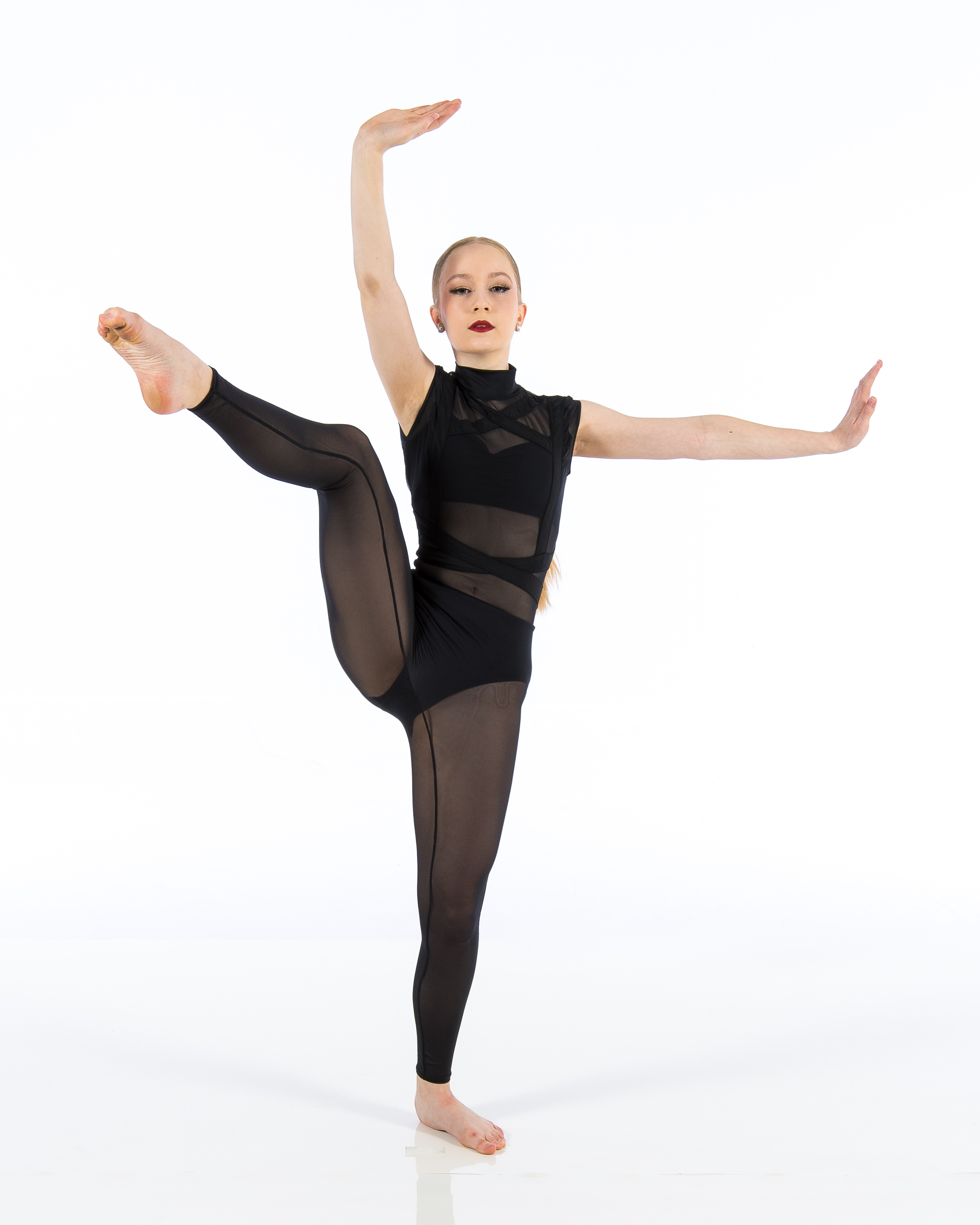Introduction
Dance has long been recognized as a universal language. For many, it's an expression of joy, emotion, and creativity. But can adults truly thrive in dance academies? The answer is a resounding yes! Adult learners can find not only technical skills but also community, confidence, and holistic well-being within the walls of a dance academy. This article delves into the various facets of adult dance education and highlights ways to make the most of this enriching experience.
Can Adults Thrive in Dance Academies? Yes, and Here's How!
Understanding Adult Learning in Dance
When it comes to learning new skills as an adult, the approach differs significantly from that of children. Adults bring unique experiences and motivations to their learning journey.
Motivation: A Key Factor
Adults often have clearer goals than younger students. Whether it's for fitness, social interaction, or self-expression, understanding these motivations lays the groundwork for a successful dance academy experience.
Dance AcademyLearning Styles Matter
Every learner has a preferred style—visual, auditory, kinesthetic, or a blend. Dance academies that recognize this will tailor their lessons to accommodate diverse learning preferences.
The Benefits of Dancing as an Adult
Dancing offers numerous benefits beyond mere physical exercise.
Physical Health Improvements
Regular dancing increases cardiovascular health, enhances flexibility, and strengthens muscles. best local dance academy A well-rounded routine can lead to noticeable improvements in overall wellness.
Mental Health Boosts
Engaging in dance has been shown to reduce symptoms of anxiety and depression. Through movement and rhythm, many find an emotional outlet that fosters mental clarity.
Building Community: The Social Aspect of Dance Academies
One of the most rewarding aspects of joining a dance academy is the sense of community it fosters.
Making Friends: The Social Network
Adult learners often find lifelong friendships through shared experiences in class. These connections can provide motivation and support both inside and outside the studio.
Inclusive Environments
Many dance academies focus on creating inclusive spaces for all body types and skill levels. This atmosphere encourages adults to feel comfortable exploring their capabilities without fear of judgment.
Choosing the Right Dance Academy for You
Finding a suitable dance academy is crucial for your success.
Researching Options: What to Look For
Consider location, class variety (ballet, contemporary, jazz), instructor qualifications, and reviews from current or former students.
Trial Classes: Test Before You Commit
Most academies offer trial classes. Taking advantage of these allows you to gauge if the teaching style aligns with your learning preferences.
Setting Goals in Your Dance Journey
Defining what you want to achieve will help keep you motivated throughout your journey at a dance academy.
Short-Term vs Long-Term Goals
Establish clear short-term objectives (like mastering specific steps) alongside broader long-term aspirations (like performing in front of an audience).

Tracking Progress: Keeping a Journal
Maintain a journal documenting your progress can be incredibly helpful. Reflecting on your achievements boosts motivation while also allowing you to see how far you've come over time.
Balancing Life Responsibilities with Dance Training
As adults juggle various commitments—jobs, families—finding balance can be challenging yet rewarding.
Time Management Strategies for Success
Create a schedule that incorporates both work-life responsibilities and consistent practice at your dance academy.
Utilizing Technology for Practice at Home
Apps like Dance Vision or YouTube channels dedicated to tutorials can help reinforce skills learned during classes.
Overcoming Challenges Faced by Adult Dancers
Many adult dancers encounter hurdles along their journey; however, identifying these challenges is half the battle won.
Fear of Failure: Embracing Imperfection
It's natural for adults to fear failure or embarrassment when trying something new. Acknowledging this fear helps lessen its grip over time.
Dealing with Physical Limitations
Older bodies may not respond as quickly as younger ones; understanding one's own limitations while working on strength and flexibility is essential for progress without injury.
The Role of Instructors in Adult Learning
Instructors play a pivotal role in shaping the experiences of adult learners at dance academies.
Effective Communication Techniques for Teachers
Instructors who communicate clearly foster better understanding among adult students who may be overwhelmed by terminology or complex choreography.
Creating Safe Spaces for Feedback
Encouraging open dialogue allows students to express concerns or ask questions without feeling intimidated—a crucial aspect of effective adult education at any dance academy.
Exploring Various Dance Styles Available for Adults
Diverse styles cater to different interests within adult learners at dance academies worldwide:
- Ballet Jazz Hip-Hop Contemporary Ballroom
Each genre offers unique challenges while enhancing various aspects such as rhythmicality or expressiveness—allowing individuals ample opportunities to discover their passion!
Why Age Shouldn't Be a Barrier
Age should never deter anyone from pursuing their passion; countless examples showcase adults thriving in artistic pursuits later in life!
Inspiring Stories from Adult Dancers
Consider famous figures like Martha Graham who began her dancing career post-college! These stories serve as inspiration reminding us it's never too late!
FAQ Section
Is prior experience necessary before joining a dance academy?
No! Many academies welcome beginners regardless of prior experience.
Can I take classes part-time?
Absolutely! Most academies offer flexible schedules accommodating busy lifestyles.
What should I wear to my first class?
Comfortable clothing allowing freedom of movement is ideal; check with your specific academy's requirements.
How long does it take to see improvement?
Improvement timelines vary per individual but typically become noticeable after consistent practice over several weeks.
Are there performance opportunities available?
Many academies host recitals or showcases where students can perform what they’ve learned!
Will I get injured if I start dancing later in life?
While there's always some risk associated with physical activity—proper warm-up routines combined with attentive instructors help mitigate injury chances significantly!
Conclusion
Embarking on a journey within a dance academy provides more than just technical skills—it offers growth across multiple dimensions including physical health improvement & mental clarity while fostering social connections among peers sharing similar passions! So why wait any longer? Take that leap today; dive headfirst into this vibrant world where adults not only survive but truly thrive through movement!